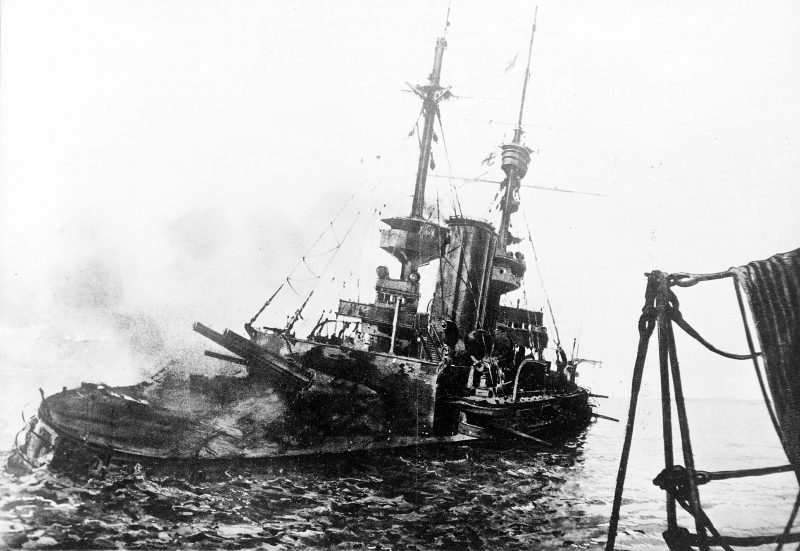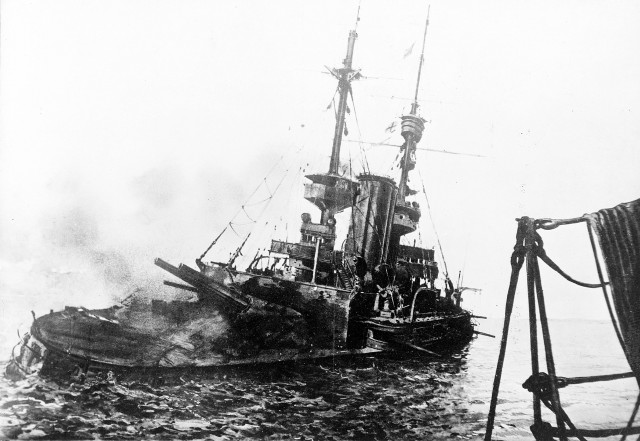March 18, 1915 – A flotilla of French and British war vessels started an onslaught in the Turkish Dardanelles Strait. Their purpose — to secure the said sea route which was leading to Russia, force Turkey out of the Great War and break up the deadlock the Allies in their fight against the Germans.
The Allies had wanted to wipe out the forts of the Ottoman Empire situated on the Gallipoli peninsula which, in turn, had guarded the Dardanelles. Furthermore, they wanted to clear out the waterways from minefields. Their ultimate goal that time was to reach Istanbul, Turkey – then known as Constantinople – the Ottoman Empire’s capital.
The assaults started on February 19, 1915. However, after the results of the operations remained ambiguous even after already a few weeks have passed, the Allies decided to assemble an armada of battleships to carry out the primary attack against Dardanelles.
But then, many of the Allied warships got damaged or were sunk during the attack because of the mines placed in the water, thus, forcing them to withdrew.
“It is just one of those occasions when if we win the results may be enormously important, while if we cannot have our way and circumstances prove too much for us we shall, at any rate, be no worse off than we were before,” was the reassurance given out through the British magazine Spectator on its February 27 issue.
Because of the naval operation’s failure, it was decided that Allied troops be sent to the Gallipoli peninsula on April 25, 1915. That day marked as the start of the eight-month long Gallipoli Campaign which ended in a withdrawal.
The Gallipoli Campaign cost Sir Winston Churchill’s job as the First Lord of the Admiralty, being responsible of the British Royal Navy.
On the other hand, Turkish military commander Mustafa Kemal’s name became known after his famous defense of Gallipoli. Kemal went on and became the founder of the Republic of Turkey after the Great War.

